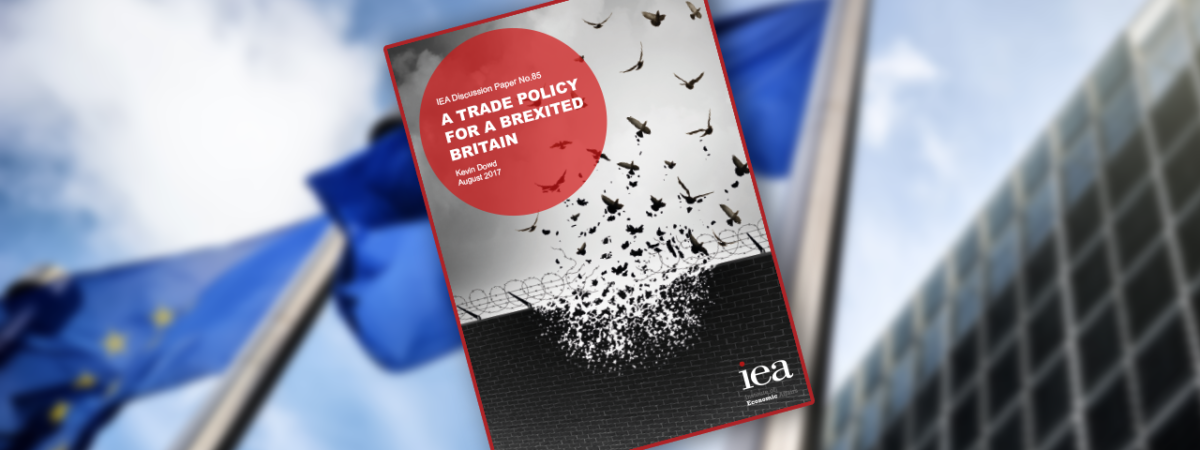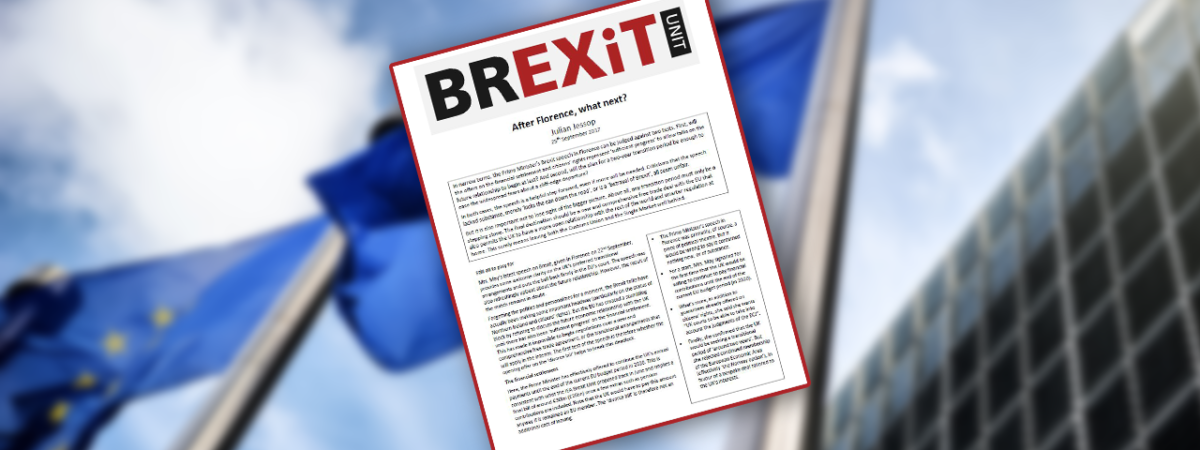SMPC votes eight / one to raise Bank Rate in September
SUGGESTED

'No deal' with EU on trade post Brexit does not mean disaster for the UK

IEA Brexit Unit reacts to the Prime Minister's speech in Florence

In its e-mail poll for September – the Shadow Monetary Policy Committee (SMPC) voted by eight votes to one to raise Bank rate. This decision marks the 4th consecutive month that the committee has voted for a rise by this margin.
The overwhelming consensus amongst members is that the economy is expanding fast enough to warrant an increase in interest rates. Rates at these levels were meant as an emergency response to much weaker economic conditions than is prevalent at the moment. Too low interest rates for too long are judged by many to be damaging to productivity, by supporting zombie firms, and to borrowers and lenders, by encouraging excessive debt accumulation and risk taking activities. Money supply growth and surveys of business activity seem to suggest that growth will remain healthy – albeit slower than a year earlier – even in the midst of uncertainty generated by on-going Brexit negotiations. At the very least, the majority view is that the rate cut last year, at a minimum, needs to be reversed as quickly as possible. The dissenting vote reflects a view that weak consumer price and pay inflation pressure, and uncertainty about how the Brexit talks will end, justify holding rates at their current level for a while longer.
The SMPC is a group of economists who have gathered quarterly at the IEA since July 1997, with a briefer e-mail poll being released in the intermediate months when the minutes of the quarterly gathering are not available. That it was the first such group in Britain, and that it regularly gathers to debate the issues involved, distinguishes the SMPC from the similar exercises carried out elsewhere. To ensure that nine votes are cast each month, it carries a pool of ‘spare’ members. This can lead to changes in the aggregate vote, depending on who contributed to a particular poll. As a result, the nine independent and named analyses should be regarded as more significant than the exact overall vote.
Fullscreen Mode



